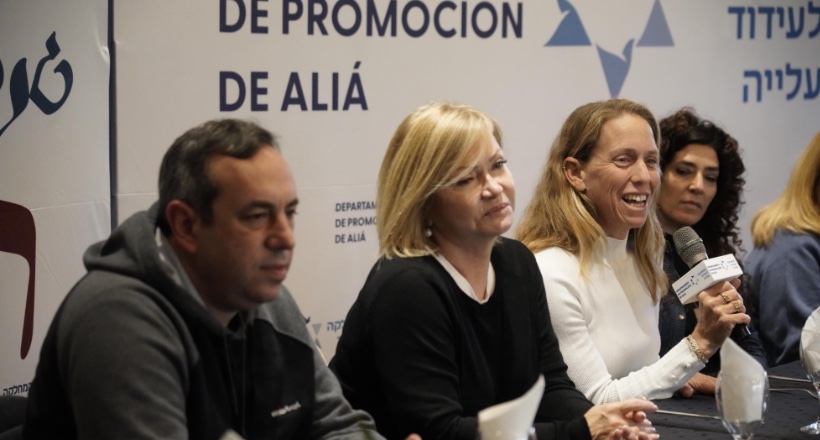Israel opens new medical faculties: a step towards overcoming the shortage of doctors
The Council for Higher Education in Israel has recently made a decision that will help address the country’s doctor shortage. It approved the opening of two new medical faculties — at the University of Haifa and the Weizmann Institute. These institutions will complement the existing seven universities that train medical professionals: Tel Aviv University, Ben-Gurion University, the Hebrew University, Reichman University, the Technion in Haifa, Ariel University, and the Bar-Ilan University branch in Safed.

University of Haifa Medical Faculty: New Horizons in Medicine
The first of the new faculties will open in the next academic year — 2025/26 — at the University of Haifa. It will be named after Herta and Paul Amir. The program is designed for six years, with students undergoing practical training at the Carmel Hospital. The opening of the faculty will be an important step in strengthening the healthcare system in northern Israel, where the need for qualified doctors is particularly great.
Weizmann Institute: Next-Generation Physician-Scientists
The second faculty will be established at the Weizmann Institute and will focus on training unique specialists — physician-scientists. The program is intended for those who already have a first academic degree and combines medical studies with scientific research. Students will undergo clinical training at major medical centers — “Sheba” and “Ichilov”. Graduates will receive a dual degree: Doctor of Medicine (MD) and Doctor of Science (PhD), opening up broad prospects for them in both clinical practice and scientific activity. The faculty will be headed by Professor Iris Barshack, a renowned specialist and head of the pathology institute at Sheba Hospital.
Why Is This Important for Israel?
The decision to open new faculties is dictated by the acute shortage of doctors that has arisen in recent years. One of the reasons is the mass retirement of doctors who immigrated to Israel from the former USSR in the 1990s. The new medical schools are intended to fill this gap, increasing the number of qualified doctors and ensuring a fresh influx of professionals into the field.
Prospects and Expectations
The opening of two new faculties is not only a response to current challenges but also an investment in the future of Israeli medicine. The University of Haifa will focus on training practicing physicians, while the Weizmann Institute will concentrate on developing scientific potential in healthcare. Together, they will help not only solve the workforce shortage problem but also strengthen Israel’s position as a leader in medical innovations.
These steps demonstrate the country’s determination to adapt to changing realities and provide its citizens with quality medical care. In just a few years, the first graduates of the new faculties will begin their work, contributing to the nation’s health and the advancement of science.





